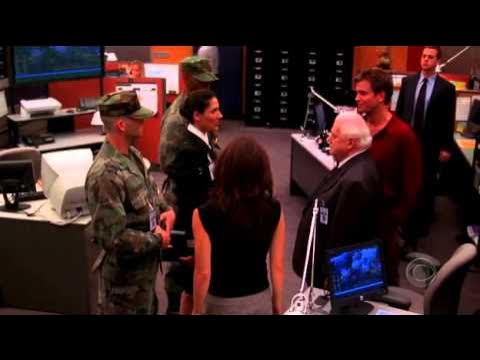
The Unseen Valor: Medal of Honor Moments in NCIS and JAG
While the clang of steel on steel and the roar of cannons might be the traditional backdrop for stories of battlefield heroism, valor isn't confined to the trenches. It blossoms in the courtroom, flickers in the interrogation room, and endures in the quiet dedication to truth. This is the essence of "NCIS" and "JAG," two iconic television shows that, despite often lacking the explicit depictions of combat heroism, are rife with "Medal of Honor moments" – instances where characters demonstrate unwavering integrity, selflessness, and courage in the face of adversity, reflecting the highest ideals of military service. These moments, often understated and humanized, resonate deeply with audiences because they reveal the true meaning of honor beyond the battlefield.
One prime example can be found in Lieutenant Commander Harmon Rabb Jr. of "JAG." His unwavering pursuit of justice, even when it pits him against powerful superiors or entrenched systems, is a hallmark of his character and a recurring source of his "Medal of Honor moments." In the episode "Defenseless," he defends a young Navy Seal accused of murdering a superior officer during a training exercise. Despite mounting evidence against the Seal, Rabb senses something amiss. He relentlessly investigates, facing pressure to concede and facing personal risk when he uncovers a conspiracy involving corruption and illicit drug trafficking within the SEAL team. He risks his career and reputation to ensure the truth prevails, ultimately exonerating the Seal and exposing the corrupt individuals. This quiet, determined courage to stand against injustice, to champion the defenseless, echoes the bravery of soldiers facing enemy fire, albeit on a different battlefield.
"NCIS," while often driven by crime solving and witty banter, is equally punctuated by moments of profound integrity. Special Agent Leroy Jethro Gibbs, the stoic leader of the NCIS team, embodies this principle. His rigid adherence to his personal code, his unwavering loyalty to his team, and his willingness to break rules to protect the innocent all contribute to his own unique brand of heroism. In the episode "Hiatus (Part I & II)," Gibbs, struggling with amnesia after a bombing, is forced to confront his past as a Marine. He revisits the memories of his family's murder and the guilt he carries for taking revenge. In this vulnerable state, he still instinctively shields his team, sacrificing his own peace of mind to protect them from danger. This internal battle, this commitment to protect others even when he himself is broken, is a testament to the enduring spirit of selflessness, a characteristic deeply deserving of recognition.
Beyond these individual examples, both shows highlight the daily heroism of the men and women who serve in the armed forces. The meticulous attention to detail of Abby Sciuto in "NCIS" as she meticulously analyzes evidence to bring justice to victims, the unwavering dedication of Commander Sturgis Turner in "JAG" to upholding the law with fairness and integrity, and the quiet resolve of Timothy McGee in "NCIS" as he tackles complex cybersecurity threats – these are all acts of valor in their own right. They represent the unsung sacrifices and the unwavering commitment to duty that define the lives of countless service members.
Furthermore, both "NCIS" and "JAG" explore the human cost of war and the emotional scars that often accompany military service. These shows acknowledge the complexities of moral decision-making in high-pressure situations and the lasting impact of trauma on individuals. Through characters like Tony DiNozzo in "NCIS," who grapples with his own vulnerability while projecting an image of carefree charm, and Harm Rabb in "JAG," who confronts the ethical dilemmas of military justice, the shows humanize the concept of heroism. They demonstrate that true courage isn't about being fearless, but about confronting fear and persevering despite it.
In conclusion, while "NCIS" and "JAG" might not depict the traditional acts of valor associated with the Medal of Honor, they consistently showcase the qualities that underpin it: courage, selflessness, and unwavering dedication to duty. They remind us that heroism can take many forms, from defending the innocent in a courtroom to solving complex crimes to simply showing unwavering loyalty to one's team. By highlighting these often unseen acts of valor, these shows offer a powerful and nuanced portrayal of the men and women who serve in the armed forces, reminding us that true honor lies not just in the battlefield, but in the choices we make and the sacrifices we endure in the service of others. They are a testament to the enduring power of the human spirit and the unwavering commitment to justice that defines the highest ideals of military service.